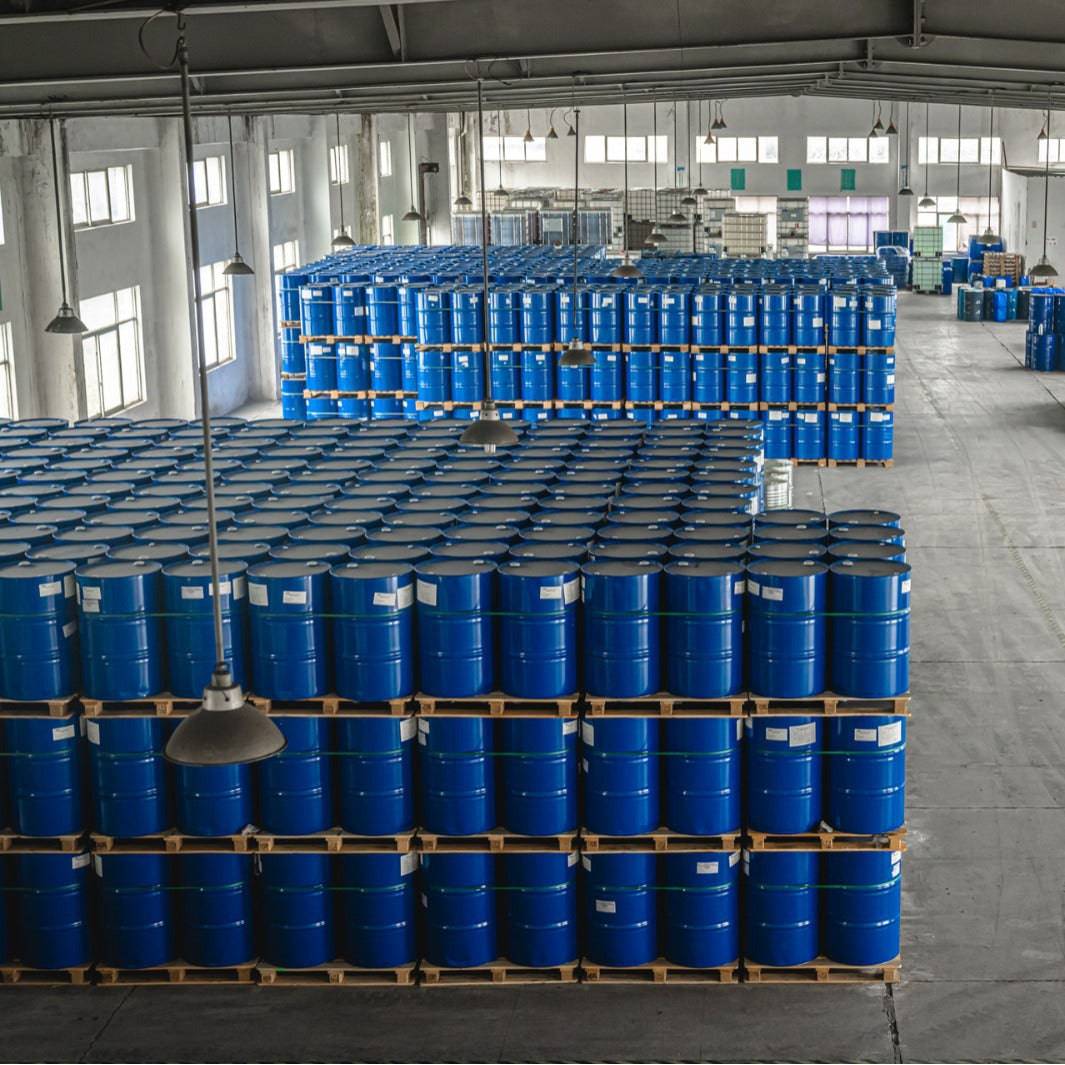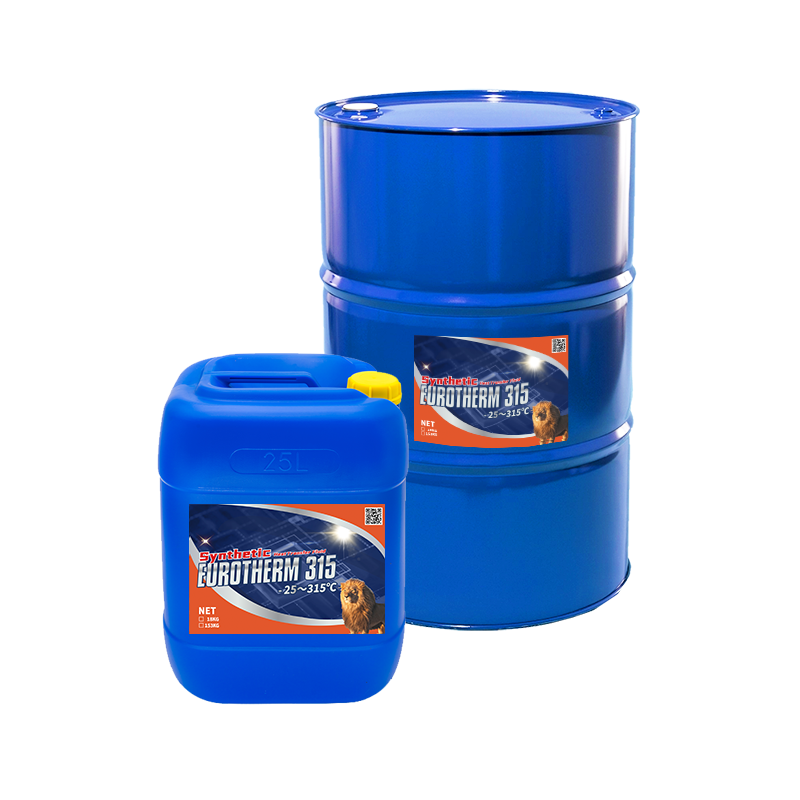All about Chemie
All about Chemie
Blog Article
The Ultimate Guide To Chemie
Table of ContentsThe Only Guide to ChemieThings about ChemieThe Ultimate Guide To ChemieNot known Details About Chemie The smart Trick of Chemie That Nobody is DiscussingChemie Fundamentals Explained
(https://justpaste.it/eli5o)Measured modification in electrical conductivity of liquid examples as a feature of time when mixed with the material sample in the closed indirect cooling loop experiment. Figure 6 shows the change in the gauged electrical conductivity of the fluid samples when stirred with the material example. The conductivity of the water sample from the shut loophole experiment reduced by around 70% from 11.77 S/cm to 3.32 S/cm in six hours.These results showed that the ability of the resin depends on the test liquid made use of for the experiment. This shows that different ions existing in the fluid will cause various ion exchange capacity of the fluid. Determining the ion exchange resin capacity with the liquid example from the actual cooling loophole is essential.
The Only Guide for Chemie
Therefore, an ion exchange resin cartridge having 20g of Dowex mixed bed material might tackle order 938 days to saturate. In other words, to preserve a low electrical conductivity, a resin cartridge with the dimension and weight specification as that of the material cartridge used in the experiment, require to be altered every 30 months for the air conditioning system that was made use of in the experiment
The air conditioning of electronic components has actually come to be a significant obstacle in recent times due to the developments in the style of faster and smaller components. Therefore, different air conditioning modern technologies have been established to efficiently eliminate the warmth from these elements [1, 2] Making use of a fluid coolant has actually come to be attractive due to the higher heat transfer coefficient achieved as compared to air-cooling.
Some Ideas on Chemie You Need To Know
A solitary phase cooling loop includes a pump, a warm exchanger (chilly plate/mini- or micro-channels), and a warm sink (radiator with a fan or a liquid-to-liquid heat exchanger with chilled water air conditioning). The warm source in the electronic devices system is affixed to the warmth exchanger. Liquid coolants are also utilized in two-phase systems, such as warm pipes, thermo-siphons, sub-cooled boiling, spray air conditioning, and straight immersion systems [2, 4]
The needs may differ depending on the kind of application. Adhering to is a list of some general needs: Excellent thermo-physical homes (high thermal conductivity and details heat; reduced thickness; high hidden warm of dissipation for two-phase application) Low cold point and ruptured point (occasionally ruptured protection at -40 C or lower is required for delivery and/or storage space purposes) High atmospheric boiling point (or low vapor pressure at the operating temperature) for solitary stage system; a slim wanted boiling point for a two-phase system Good chemical and thermal stability for the life of the electronic devices system High flash factor and auto-ignition temperature level (sometimes non-combustibility is a demand) Non-corrosive to products of building and construction (metals in addition to polymers and various other non-metals) No or minimal regulatory restrictions (eco friendly, safe, and potentially eco-friendly) Economical The very best electronics coolant is a cost-effective and nontoxic liquid with exceptional thermo-physical residential or commercial properties and a long life span.
Some Known Factual Statements About Chemie
The majority of these liquids have a non-discernible odor and are nontoxic in case of call with skin or consumption. As discussed before, aliphatic PAO-based liquids have changed the silicate-ester liquids in a variety of army electronic devices (and avionics) cooling down applications in the last decade. An additional class of popular coolant chemistry is dimethyl- and methyl phenyl-poly (siloxane) or generally referred to as silicone oil.
Of all, these fluids are non-combustible and safe. Some fluorinated substances have absolutely no ozone depleting possible and other environmental residential or commercial properties.
Ethylene glycol is colorless and almost unsmelling and is completely miscible with water. When properly prevented, it has a relatively reduced corrosivity. This coolant is classified as poisonous and ought to be handled and disposed of with treatment. The top quality of water made use of for the preparation of a glycol remedy is really important for the system.
Rumored Buzz on Chemie

This is a low expense antifreeze solution, finding use in refrigeration solutions and ground resource warmth pumps - silicone fluid. This liquid can be made use of down to -40 C owing to its reasonably high rate of warmth transfer in this temperature level range.
It is considered even more unsafe than ethylene glycol and subsequently has found usage just for procedure applications located outdoors. Methanol is a combustible fluid and, as such, introduces a potential fire hazard where it is stored, handled, or used.
Chemie Things To Know Before You Buy
As a flammable fluid, it requires specific safety measures for handling and storage space. Liquid solutions of calcium chloride discover wide use as distributing coolants in food plants. It is non-flammable, safe and thermally much more reliable than the glycol services. A 29% (by wt.) calcium chloride solution has a cold point below -40 C.

Report this page